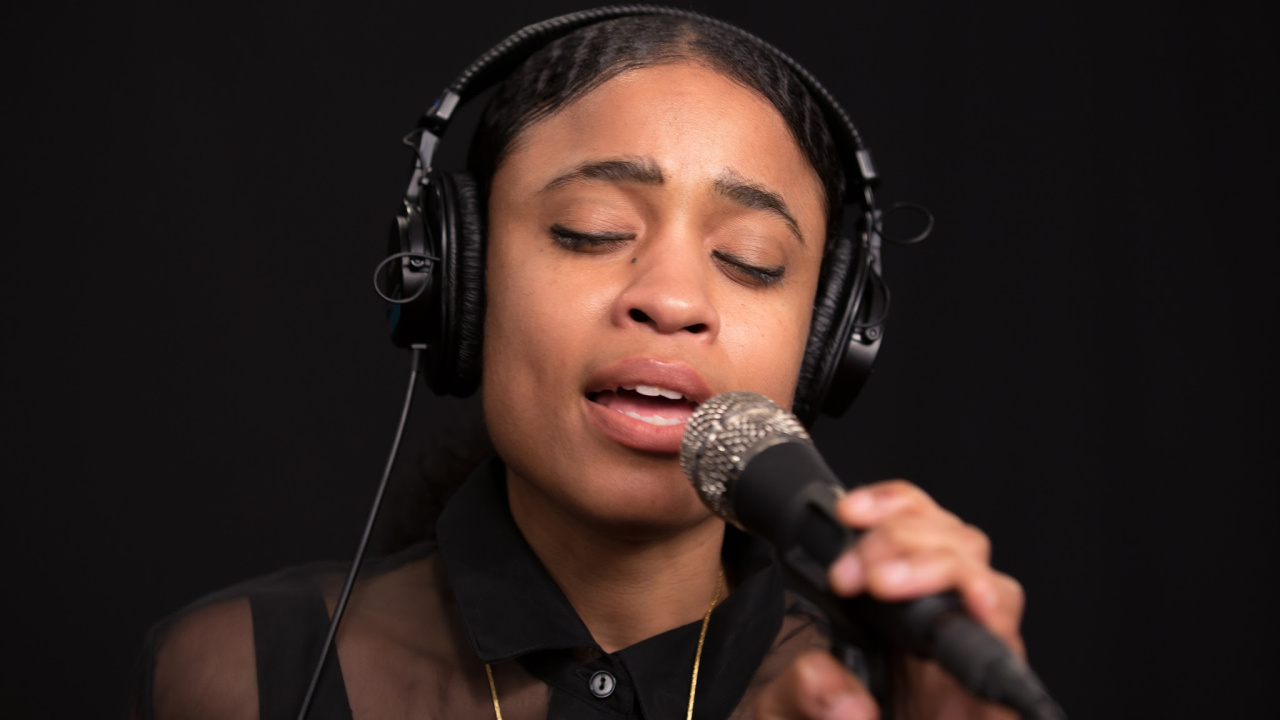A tradition has sprawled across generations in the South. “We are a region of storytellers,” Harper Lee once said.
She told one classic story, “To Kill a Mockingbird.” Her Alabama neighbor (and childhood friend) Truman Capote told many. They joined a trend ranging from authors (Faulkner, Welty, Hurston, Grisham) to the poems of Maya Angelou and the songs of Dolly Parton and Willie Nelson and emerging stars like Adia Victoria (shown here).
The South has offered a rich tapestry. And now a PBS series visits some of the modern-day people. “Southern Storytellers” airs at 9 p.m. on three Tuesdays, starting July 18
“Southerners tend to wear their souls and their hearts on their sleeves,” said Courtney Pledger, CEO of the Arkansas PBS stations producing the series.
“Storytellers” offers a few familiar faces. We see the songwriting side of actors Billy Bob Thornton and Mary Steenburgen; we also meet “Stranger Things” creators Matt and Ross Duffer.
Mostly, though, we meet people who have drawn high esteem, but not necessarily fame.
“I did not know that poetry was somehow a marginal literature,” Jericho Brown told the Television Critics Association. “When I was a kid growing up, I thought poetry was the most exciting. I still do.” He became a poet, a professor and a Pulitzer Prize-winner.
Victoria knew quickly what she was: “I became a writer as soon as I learned to write my name.”
What she didn’t know was that that was a career. “I was a high school dropout,” she told the TCA, “living in Atlanta, selling phone, cable and internet.”
On her 21st birthday, a friend gave her a guitar. Some 15 years later, in 2022, the Americana Music Association nominated her for emerging artist of the year.
The routes to storyteller status can sometimes seem opposite. Brown said his start was in the church, a key part of many Southern childhoods; Victoria said hers was despite the church.
“The Black church is all encouragement for kids,” Brown said, “You aren’t allowed to be shy …. There was always a play, a pageant or a program to be part of, once a month.”
Young people would recite Angelou’s “Still I Rise,” Nikki Giovani’s “Ego Tripping,” Langston Hughes’ “The Negro Speaks of Rivers.” At home, Brown would create his own poems.
That “sounds splendid,” Victoria said, but she never had the privilege. Her father is Trinidadian, but she was “raised in Southern whiteness” and attended Seventh Day Adventist schools through 6th grade. “The first thing they took from the child is the child’s voice, and the the child’s body.”
Later, troubled by divorce and not fitting into public schools, she discovered blues and a Black identity.
Victoria (who grew up in South Carolina) and Brown (from Louisiana) became part of a Southern-story tradition that has various explanations.
Many Southern writers have a more vivid grasp of the countryside, Brown said. “The North has had its technological advances that have allowed y’all to separate yourself more completly from nature.”
Southern writers seem to make more use of nature – for settings or simply for a chance to contemplate.
It’s easy to find quiet spaces in the South, he said … but also easy to have the buzz of conversation. “People in the South will try to talk to each other from one porch to another. And when that happens, you are in the midst of story time, especially if you’re a kid.”
This hospitality helped director Craig Renaud as he lined up people: “When I contacted Adia’s manager, he said, ‘Oh, Adia will never do anything personal with you.’ And I get on the phone with her and she’s, ‘Come over, I’ll cook you dinner.’ ,,,, And then, ‘Come to the wedding.’”
The key, she said, was the network he was working for. “I grew ip watching PBS.”
As did Brown, who was 13 when PBS aired an historic documentary by Black, gay activist Marlon Riggs. “When you are a Black queer kid watching something like that, your life has changed.”

South savors storytelling skill
A tradition has sprawled across generations in the South. “We are a region of storytellers,” Harper Lee once said.
She told one classic story, “To Kill a Mockingbird.” Her Alabama neighbor (and childhood friend) Truman Capote told many. They joined a trend ranging from authors (Faulkner, Welty, Hurston, Grisham) to the poems of Maya Angelou and the songs of Dolly Parton and Willie Nelson and emerging stars like Adia Victoria (shown here).
The South has offered a rich tapestry. And now a PBS series visits some of the modern-day people. “Southern Storytellers” airs at 9 p.m. on three Tuesdays, starting July 18
“Southerners tend to wear their souls and their hearts on their sleeves,” said Courtney Pledger, CEO of the Arkansas PBS stations producing the series. Read more…